Thinking of home turf as we start a new phase of the Bangkok-Barcelona journey
Inching westward, the lines of human history blur. The more we walk, the more we see the similarities and differences in the human condition.
My mind always wanders forward. Even as my footsteps ground me in the present, I can’t help but wonder what lies ahead.
We’re still technically in Asia, on the side of the line that divides Turkey between two continents. After a long winter break to rest our bodies, enjoy the warm comfort of family love and plan for the next leg of this journey, we are back to walking in places new to us, inventing the path that connects us to two continents.
Although we have some 4,000-5,000 kilometers before us, we already feel closer to home.
Turkish cities and roads are more European in their design and civility than many of the Asian places we have walked through these last two years. The cafes, restaurants, markets, and malls in the bigger cities frequently have that trendy, hipster-NY feel, that sense of 21st capitalistic development that has become a model globally. It’s really only the food, music, and language overheard in these places that bring us back to where we are—at yet another crossroads of cultures and chronicles.
Walking among the collective
Inching westward, the lines of human history blur. The more we walk, the more we see the similarities and differences in the human condition.
Everywhere we have walked so far; we have witnessed the basic human need of getting on with life, surviving the day-to-day routine to have enough to eat and a place to sleep at night. Many people are doing the work that has to be done to have some level of comfort and, hopefully, a better quality of life than those who preceded them. There is joy, sadness, success, and longing universally rolled out along the 10,500 kilometers we have observed to date.
The differences we sense and see are wrapped up with competing (and frequently undue or excessive) political, religious, and economic sympathies and prejudices.
For example, in suburban Thailand and some parts of Burma, we found ourselves the recipients of Buddhist-related merit-making kindnesses. Strangers rode up to us on their mopeds and handed us bottles of cold water, plastic bags of warm soymilk, slices of watermelon, and the occasional refreshing sugar burst of a soda. We hope their small acts, for which we are always grateful, earn them a closer place to Nirvana.
In Iran, Turkey, Tajikistan, the Pamirs, Uzbekistan, Azerbaijan, and, to a lesser extent, Bangladesh, Muslim hospitality superseded national ideology. Goodness and compassion came in the form of invitations for tea, roadside picnics with just-picked melons, hot multi-course meals, and rooms to sleep in at night. In these places, where Western headlines warn us of “those people,” we were seen as gifts from God. We started as strangers who randomly stepped into their lives and ended as honored guests and friends.
People in India took us in and gave us refuge in their temples, gas stations, classrooms, highway authority offices, and sometimes their homes. They made us roti and lentil dal. They told us it was their duty to look after us; this resonated as the dharma principle Hindus hold dear. It also reflects the Hindu idea of “seva” and the Sikh pillar of “vand chakko,” both of which translate to the idea of selflessly serving others.
In some areas of Burma and Georgia, we have experienced suspicion and the lingering leftovers of former regimes that were more interested in knowing where we are going than knowing from where we came. In other former Soviet countries, the notion of registration–registering with police, collecting registration slips from hotels, and registering at security checkpoints on province borders–is still part of everyday life.
And, in nearly all sizable cities we have stepped into so far, people, regardless of race or roots, fall into a pattern that creates distance. There is anonymity in the middle of urban chaos that keeps most people isolated or unattached while in constant proximity.
Shifting expectations
It’s this perception of detachment we expect to see more of as we cross borders and ramble through European towns and cities.
We hope we are wrong, but our experience tells us otherwise.
To read more from the Bangkok to Barcelona series, click here.
As Europe comes into our line of sight, we have questions we can’t yet answer, the first of which is, “What will Europe offer us that Asia didn’t?”
Yes, we expect to have better roads connecting us to familiar cities, and pretty bike and nature trails where we can hear the birds and enjoy nature. We expect to find familiar food, familiar languages and more publically accessible potable water. Finding a good cup of coffee will be vastly easier, too.
But, when there are no hotels or pensions nearby, will the keepers of Christian-based traditions let us camp in their gardens or sleep in extra rooms like the Buddhist and Sikh temples allowed us to do? Will we be welcomed as guests, gifts worthy of a stranger’s smile and will they try to close our human differences with an invitation to sip tea together? Will Europeans be willing to let us into their homes, and will we be willing to follow them inside or will our own suspicions and prejudices keep us guarded and distant? In this day and age, where bad news grabs all the headlines, will fear follow us into parts of Europe where personal attacks, pickpockets, and robberies are seemingly more common?
And, more to the point of what concerns readers of The Nature of Cities: Will our idea of what makes cities just, accessible and inclusive change as we cross the continental divide? With many parts of Europe feeling the pressure of integrating international refugees and migrants, how will we experience the new wave of conservative-leaning policies that tend to exclude, marginalize, and limit the participation of some portion of society?
The answers will come as we continue to step into the unknown and wonder what lies ahead in familiar places.
All photos courtesy of Bangkok to Barcelona on Foot.
Asia
Walking through Asian cities, towns, and villages offered us many opportunities to meet local people. We danced with locals at weddings, accepted dinner invitations, slept in kind families’ guest rooms, and were offered tea more times that we can count.
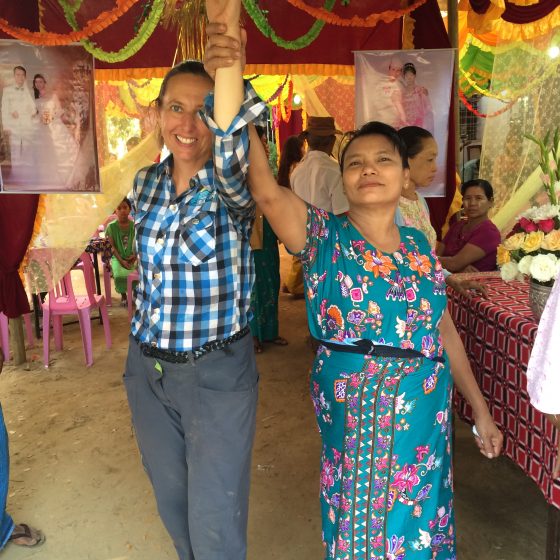
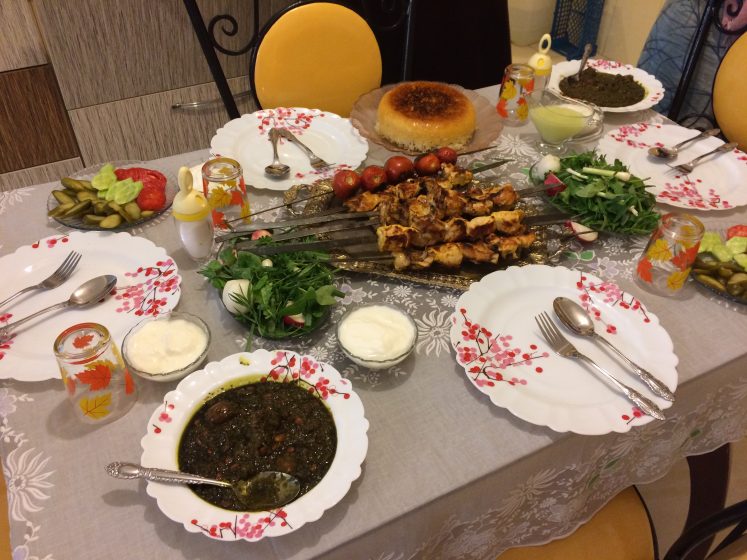
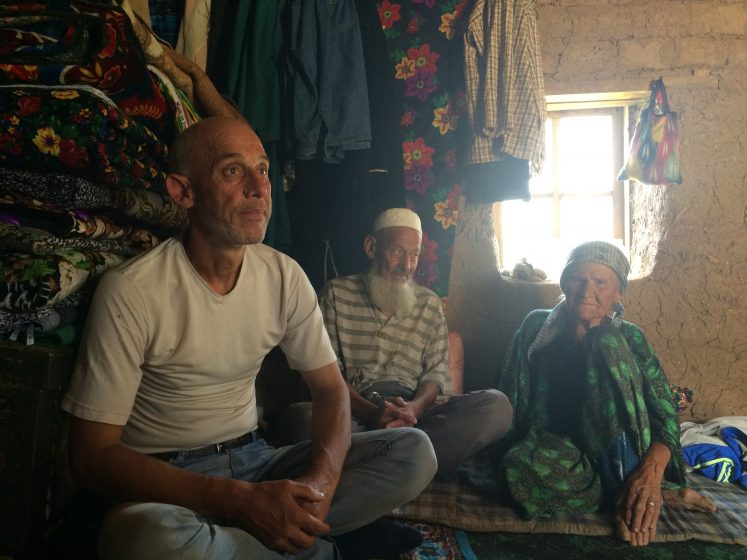
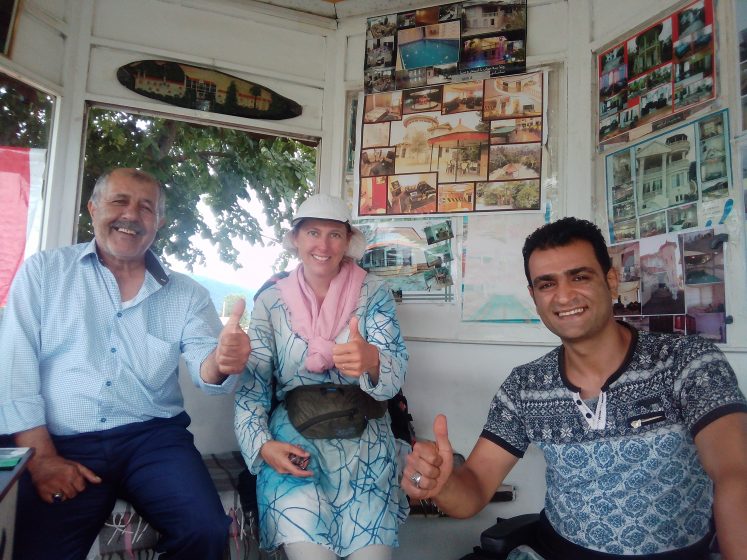
Europe
As we walk westward toward Europe, we keep wondering what lies ahead as we cross continents and enter familiar territory.
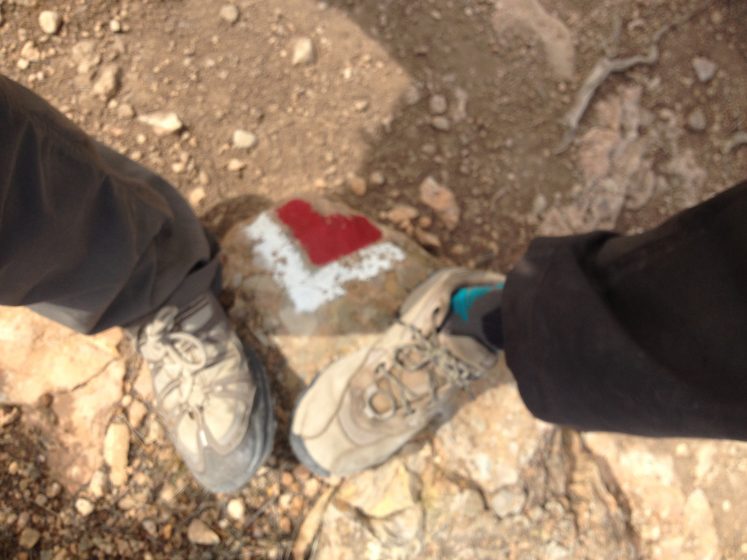
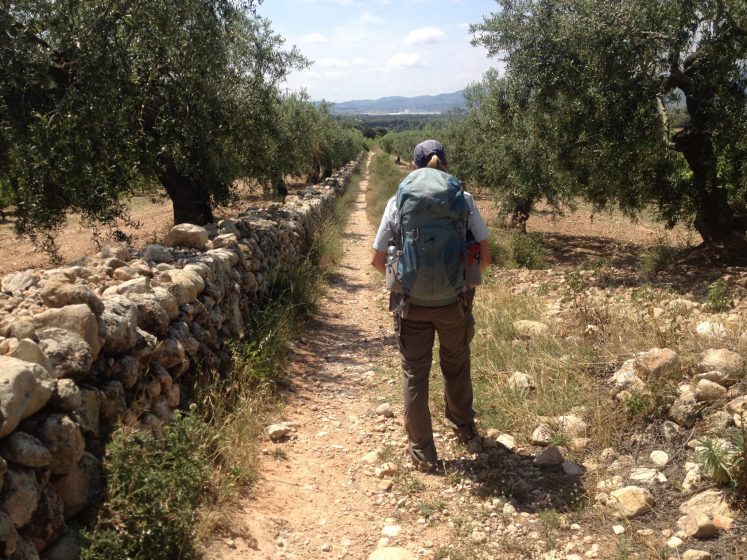
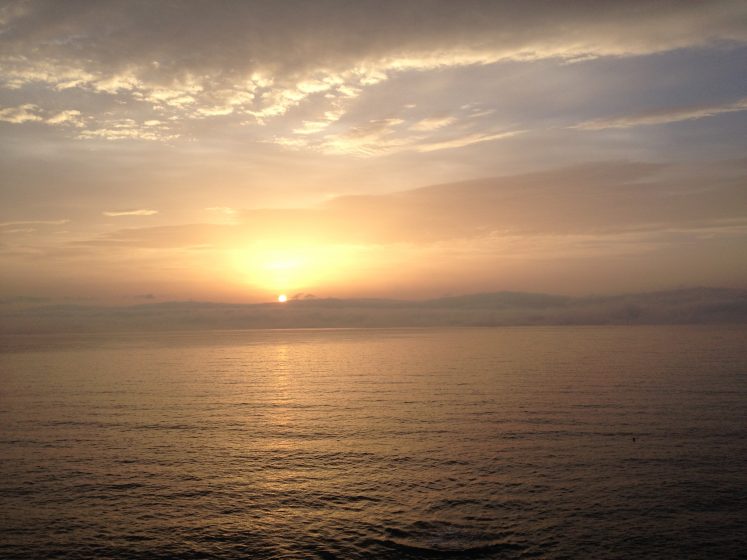
Jennifer Baljko
Bangkok to Barcelona

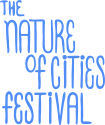
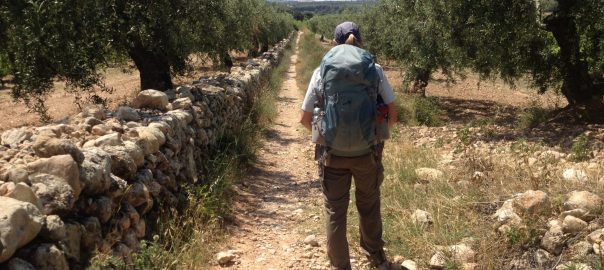
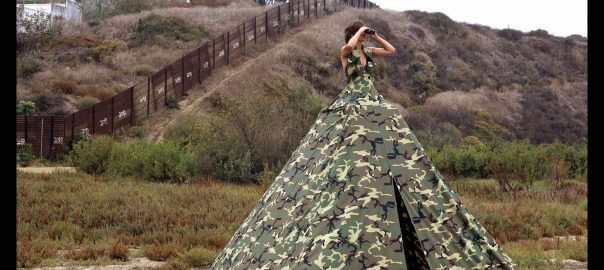
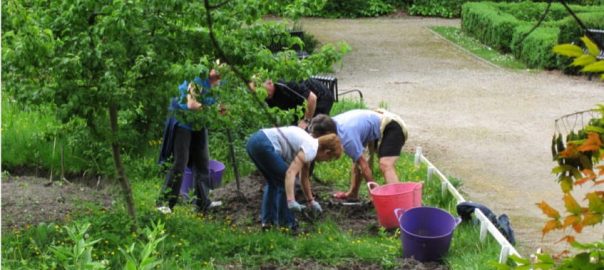
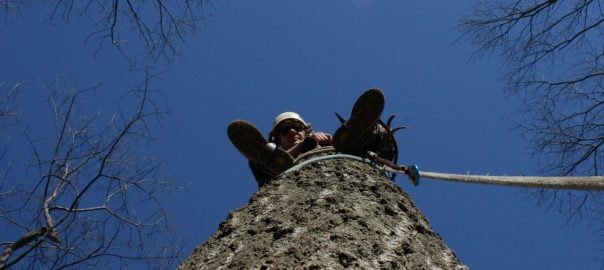
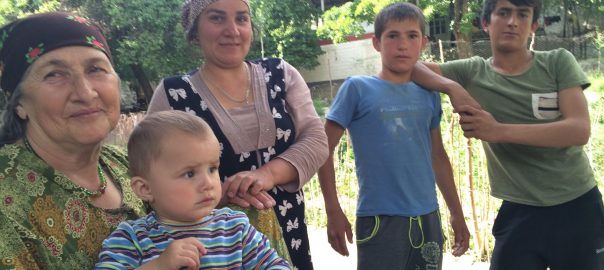
Leave a Reply